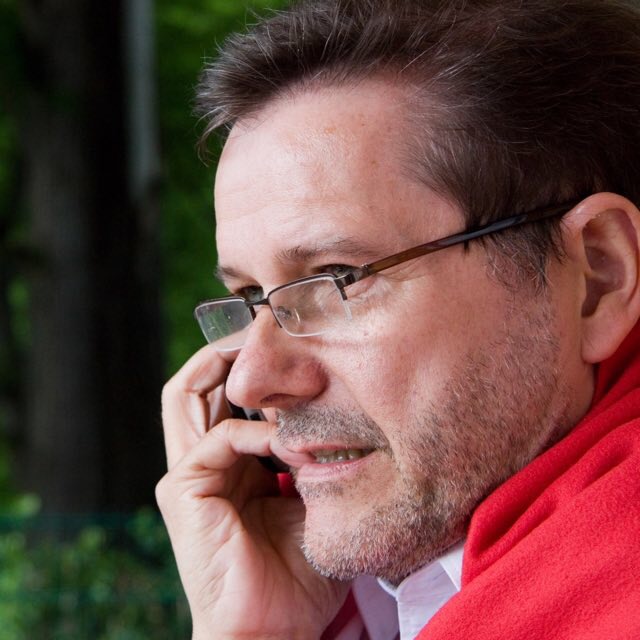Search for the truth, but also provide contributions to problem-solving and make reliable predictions.
Research cannot just observe the society from an isolated and abstract “outside world”. It has to take up its societal tasks: search for the truth, but also provide contributions to problem-solving and make reliable predictions, when it comes to ominous societal challenges. Former president of the Humboldt University Berlin Prof. Dr. Jan-Hendrik Olbertz explained how to do that.
Notions like “fake news” and “alternative facts” indicate a noticeable doubt towards expertise and particularly scientific authority. Why is science being misunderstood?
I would not say that these novel terms indicate a doubt in expertise and scientific authority (which would have been legitimate actually), but rather disrespectfulness and criticism dispraise, and in the best case disinterest towards science. Scientific facts are increasingly perceived as something disruptive, not only because the reception is difficult, but mostly because they could question or disprove one’s own opinion.
In this respect, expectations towards science are high. It is expected that science provide answers to relevant questions that people care about. If they are not provided, for example on controversial sociopolitical issues, the general public suspects that research avoids them. As a result, research loses trust. The same happens when science does not express itself clearly. Its call towards rational objectivity and a critical basic attitude in shaping the public opinion fades away quite quickly.
The main problem, in my opinion, is that on the internet information is being spread without any necessity to ensure consistency and plausibility. Instead, on social networks the pure fact that a piece of information is supported by a high number of people acts as the proof for validity. No less risky is the dissemination of “semi truths” that appear as a cause for emphasising particular details and the omission of others, or when the general context is left out. At this point, science should step in as a corrective force and it should use social networks for this.
The dynamics of shaping the public opinion, even if it is grounded on “semi truths”, has a high value for fact-building. Public opinion is then able to define the basis for future actions and decisions. Brexit is the first large-scale example for the consequences of such “digital” dynamics. Simultaneously, this describes the dynamics of populism. What science can do at this point is to clarify, enlighten, and perform stronger than before its “third mission” in order to develop platforms, where one could quickly and easily check the truthfulness of information and opinions circulating publicly.
Research funders and policy representatives speak more and more about the societal impact of publicly financed research. What is, in your opinion, the societal task of science?
We should be careful when speaking about the attribution of societal duties for science, as it does not tolerate ostensible functionalization and even less the ascription of directives. In the first place, research has a duty of finding the truth, which can be seen as an end in itself. Although science does not exist in societal isolation, even only considering its input-side. That is why it is necessary to demand gateways to the public. At this point, we speak about enlightenment, problem-solving, predictions and basics for decision-making i.e. for politics.
The capacity of self-enlightenment in a society is directly linked to science. At this point, I see its main task as to help assess the situation correctly, assist in solving problems in an efficient way and to develop credible predictions, on the basis of which we can obtain realistic visions of the future (and its necessary conditions) and consequently come to reasonable conclusions. The criteria for rationality arise from the necessary consistency of humanity and culture in one’s own society.
What skills are necessary for scientists, in order to ensure that their findings and work are connected to societal needs? Which role do universities play in research and teaching, in this respect?
They should place themselves among society; not only observe it from an isolated and abstract “outside world”, but see themselves as an active and designing part of it. This means researchers should be able to ask relevant questions, actively participate in debates and the process of public opinion formation, provide plausible derivations and proofs, show possible solutions or at least explain certain options and their possible consequences. That includes fact-based refutation of falsified information. This way they can set benchmarks for rationality or common-sense thinking.
Their main field of action at universities are indeed teaching activities, which should be designed in an exemplary manner. In this case, the university can rely on the fact that its graduates will themselves spread a critical and enlightened world outlook.
Translated by Evgeny Bobrov.

